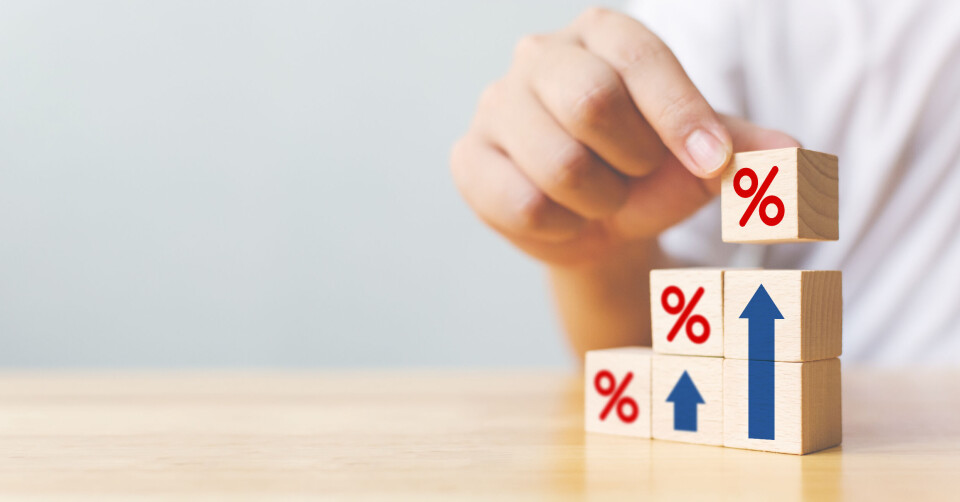-
How France’s new food strategy aims to change the national diet
The plan outlines new goals for meat consumption
-
Best value 2026 Michelin French restaurants: Are there any near you?
Four regions did especially well on this year’s Bib Gourmand restaurant list
-
Fire-hit bakery finds lifeline through unique partnership with butcher
Local residents rally to help two well-known traders
Food prices expected to be up 6.3% in a year in France in June
It comes after an already-high rise of inflation generally of 4.8% for the month of April compared to April 2021. May is expected to reach 5%

Food prices are expected to be up by 6.3% year-on-year in June - and general inflation up 5.4%, new figures from France’s state statistics organisation suggest.
Inflation has already reached high levels but is expected to continue rising, with consequential price and production increases, the statistics and economics institute Institut national de la statistique et des études économiques (INSEE) stated on May 9. The figures they give are:
-
April: Inflation hit 4.8%, year on year
-
May: Expected to exceed 5%
-
June: Expected to hit 5.4%
However, increases in the real price of energy are set to slow slightly (with a rise of 26% expected in June compared to 29.2% in March year on year). Regulated gas and electricity tariffs are currently capped, but bills which are based on the market rate are still subject to these price rises.
Read more: French inflation at 4.8% year on year to April
INSEE said: “Increases have already started to be passed on, albeit partially and gradually, to consumer prices. This trend is expected to continue in the coming months.”
It added that without the ‘tariff shield’ (bouclier tarifaire price limits) on gas and electricity, and the fuel ‘refund’ of 18 centimes on the litre, inflation would be set to reach a 7% year-on-year increase in May.
It means household purchasing power is still falling. It is expected to fall by 0.5 percentage points in the second quarter of the year, after having already fallen by 1.5 percentage points in the first quarter.
This is partly explained by the comparison effect of the ‘inflation bonus’ payment that was recorded in the fourth quarter of 2021, artificially boosting the spending power of lower income households for that period.
It comes as pawnshops in France have seen an increase in use as people seek a “quick and easy fix” to get more cash.
Read more: Boom in business at France’s ‘official’ pawnshops: How do they work?
Rising inflation is being driven by shortages due to the war in Ukraine, as well as China’s zero-Covid policy, and the economy’s post-Covid recovery.
Related articles
Inflation remains concern for 2022 no matter who is French President
Shoppers in France favour budget supermarket items as inflation rises
How have people in France spent their inflation bonus cheques?
























